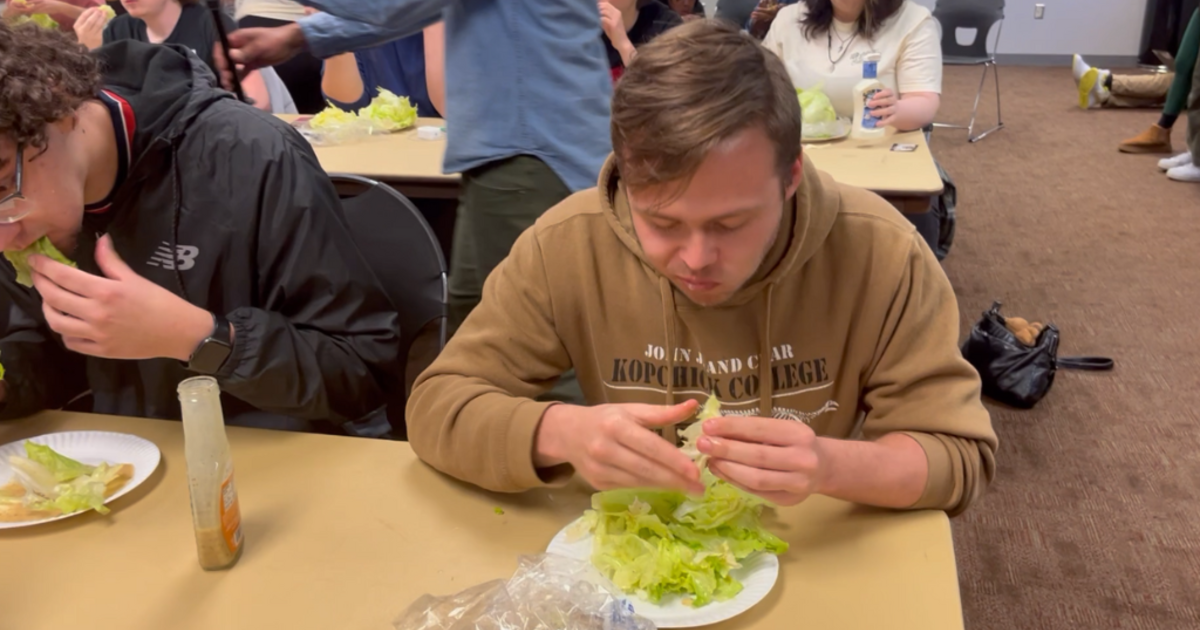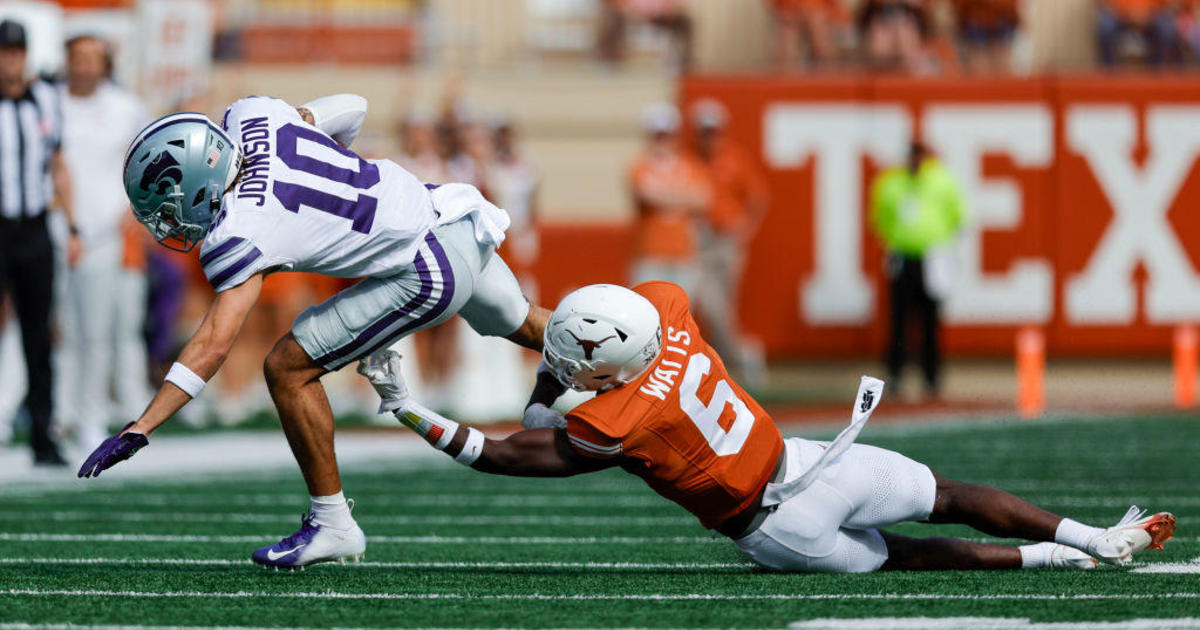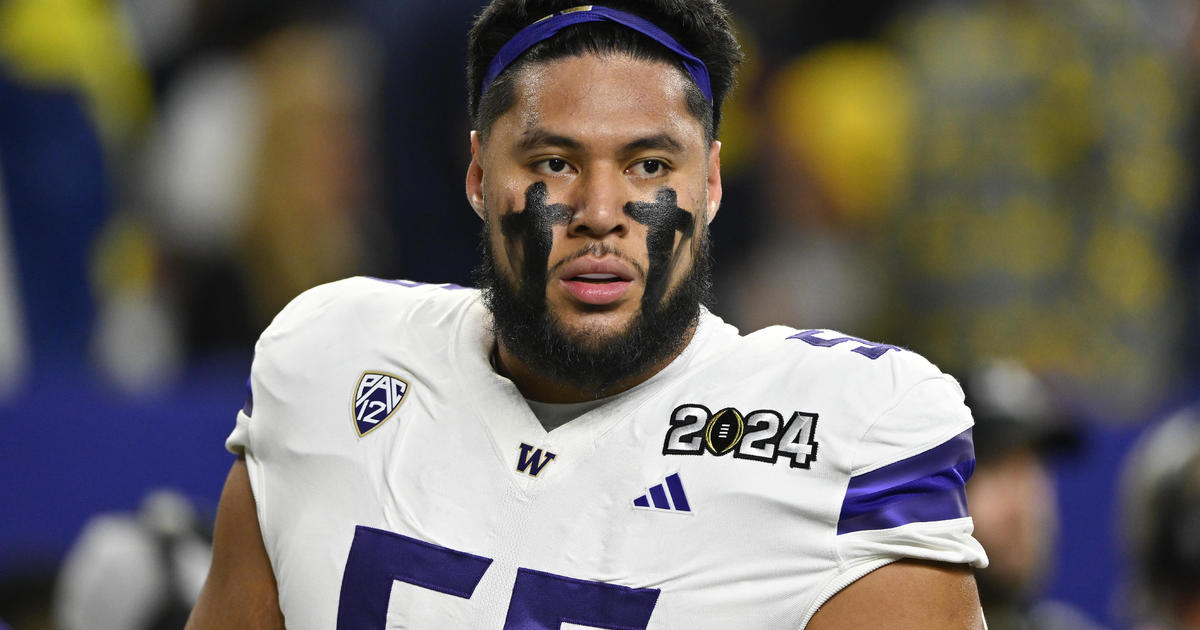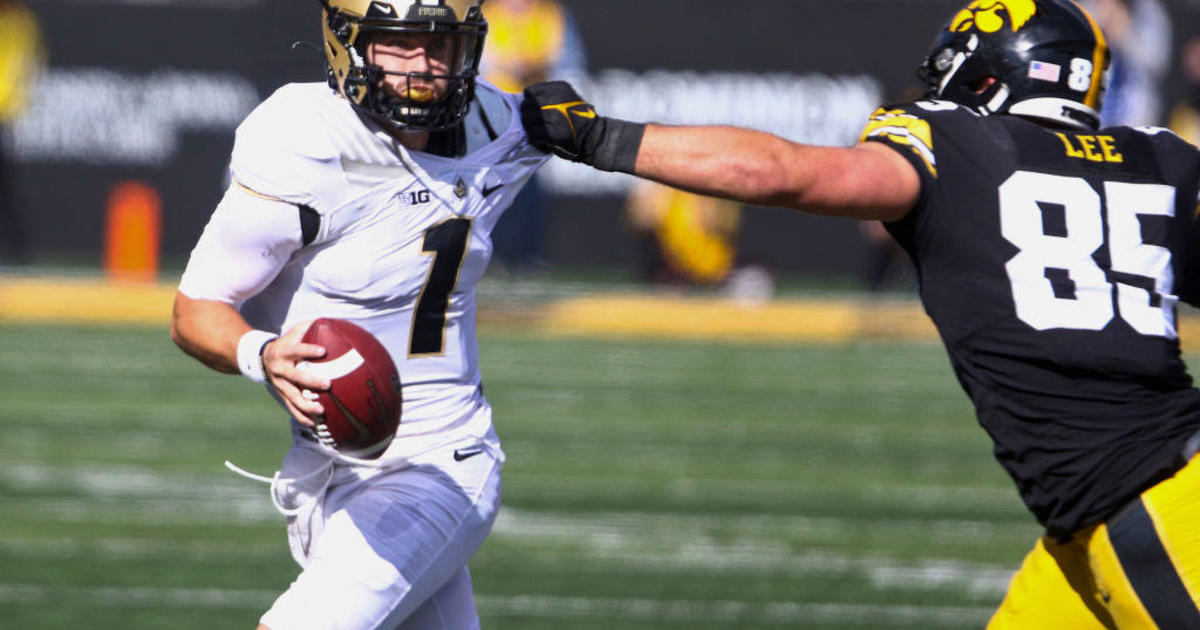In 2024, Shapiro faces calls for billions for schools, a presidential election and wary lawmakers
In 2024, Democratic Gov. Josh Shapiro could face a more complicated sophomore year in charge of Pennsylvania after his first year brought a highway collapse, a budget stalemate and friction with allies and adversaries as he navigated the battleground state's political divides.
He is under pressure to respond to a court ruling that Pennsylvania's system of public school funding unconstitutionally discriminates against poorer districts.
His administration must also oversee a presidential election that, four years ago, was marred by a barrage of right-wing conspiracy theories, Donald Trump-allied efforts in court to overturn it and threats against election administrators.
And Shapiro, viewed nationally as a rising political star, must navigate the nation's only politically divided legislature in which allies and adversaries alike are wary of him.
In his first year in office, Shapiro showed himself to be a low-key operator who took a hands-off approach in the statehouse and attempted to avoid political fights he might not win.
He often emphasized the need to gain approval from both the Democratic-controlled House and the Republican-controlled Senate, and focused more on what his administration accomplished — what he called a "get stuff done" administration — rather than farther-reaching agenda items that are stuck in partisan stalemate.
In 2024, Shapiro will have little runway to show how he'll handle calls from public school advocates to propose billions of new dollars for the poorest public schools.
"I'm very mindful of the Commonwealth Court decision and that we need to have more equity in our system. I'm also very mindful that someone has to pay for that," Shapiro told The Associated Press in a recent interview in his office.
A compromise deal may require Democrats to accept something they just defeated: a new $100 million taxpayer-paid voucher program to subsidize tuition at private and religious schools.
Republican lawmakers are wary of ramping up public-school spending by billions of dollars. But they are in step with Shapiro in pushing for a voucher program — a position that made Shapiro unique among Democratic governors in the U.S.
In the fall, Shapiro's administration will be nationally watched for how it runs the presidential election, when Pennsylvania is yet again expected to be pivotal to the White House stakes.
The state remains in Trump's crosshairs after he and Republican allies tried to overturn Biden's 2020 victory there and Trump declared that " bad things " happen in Philadelphia.
Last month in Iowa, Trump told supporters to "guard the vote" and to "go into" Detroit, Philadelphia and Atlanta to "watch those votes when they come in."
Shapiro — who as attorney general played a central role in defending Pennsylvania's 2020 election against Republican efforts in court to overturn it — said administration officials have been meeting for months.
They are preparing on legal, law enforcement and election administration fronts "to administer an election that everyone, regardless of your choice of candidate, can have faith in," Shapiro told AP. "That is one of our most serious responsibilities."
The election is likely to be close.
Complicating it is a state law that prohibits counties from processing mail-in ballots before Election Day — raising the specter of another drawn-out count in Pennsylvania like the one in 2020 that gave a window to Trump-inspired conspiracy theories and false claims.
Nearly every other state allows mail-in ballots to be processed before Election Day. In Pennsylvania, Republican lawmakers have refused to allow it without attaching other election-related changes that Democrats oppose.
For his part, Shapiro's administration ably responded to the collapse of a critical section of Interstate 95 in Philadelphia and the derailment of tanker cars carrying toxic chemicals just over the Ohio-Pennsylvania state border.
Still, getting deals in the statehouse wasn't necessarily Shapiro's strong suit.
A budget deal Shapiro struck with Republican lawmakers ran into solid opposition from Democrats. Shapiro then angered Republicans when he backed off it, precipitating a stalemate over spending that normally gets done in June.
Lawmakers and Shapiro last month wrapped up the last loose ends by greatly expanding subsidies for child care and private schools, among other things.
But Shapiro's hands-off approach in the statehouse drew complaints from both sides. Shapiro chalks up such complaints to finger-pointing over partisan food fights.
"I don't run the Legislature, right?" Shapiro told reporters at a news conference last month. "I mean, we are separate branches of this government. ... Our Legislature has to figure out how to show up to work and then they've got to figure out how to work together."
He will enter 2024 as the only governor in the U.S. with a politically divided Legislature after a Democratic victory in Virginia's House.
Even so, for Shapiro, it may be a benefit: House Democrats block Republican bills that Shapiro might otherwise veto, while Senate Republicans block Democratic bills that are too progressive for Shapiro's political instincts.
Shapiro brushes off that suggestion.
"I'm kind of dealing with the cards I've been dealt," Shapiro told the AP. "I've just really focused on finding those areas where I can find common ground between the two leaders, right, in the Senate and the House, and see where we can find those points of intersection that allow me to put something forward that we can accomplish."
___
Follow Marc Levy at http://twitter.com/timelywriter.



